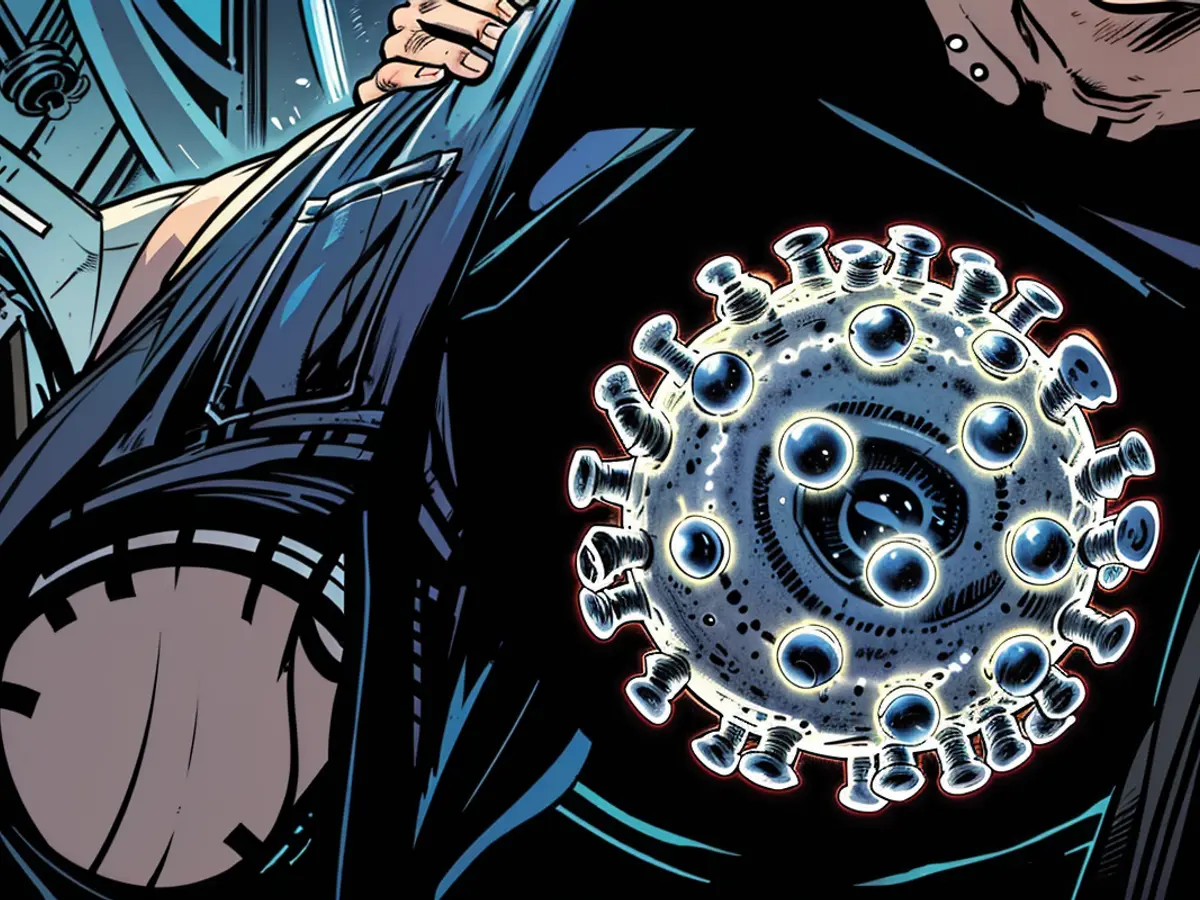Prolonged Impact of New Coronavirus Vaccination Unveiled
Recent COVID-19 vaccines tend to lose their effectiveness after a few months. Scientists at the Helmholtz Centre for Infection Research are now developing an innovative vector vaccine that has demonstrated a sustained immune response in trials. And there's more to this vaccine's abilities than just this.
A rodent virus might just be the game-changer for COVID-19: Researchers at the Helmholtz Centre for Infection Research (HZI) have developed a unique vaccine that displayed a sustained immune response over extended periods in animal tests, according to HZI. The downside of existing coronavirus vaccines is that their initial protective effect starts to fade quickly, requiring regular booster shots.
What sets this new vaccine apart is its utilization of a rodent virus as a vector, specifically a harmless to humans cytomegalovirus found in mice. This virus transports coronavirus genetic material into the human body and cells, prompting the immune system to identify and combat the coronavirus. Once a person is vaccinated, this process occurs.
In a study, the vaccine's protective effect was shown to remain stable for six months after vaccination in animal trials, with a consistent high concentration of antibodies in the animals' blood. Results from a Croatian research team involved in the study suggest that the protective effect may even last longer.
What explained the lasting effect?
The likely reason for the long-term effect could stem from the use of the rodent virus, the researchers hypothesized. Cytomegaloviruses identify niches within their host where they lie dormant for long periods. Only when the immune system weakens do they become active again. Since humans are not suitable hosts, the rodent viruses stimulate the human immune system for longer periods through their activation attempts, maintaining the vaccine's effectiveness.
The new vaccine is also expected to work against COVID-19 variants. Although it only contains genetic material from early SARS-CoV-2 variants, the immune system later produces antibodies against the later variants, like omicron. This could be due to an immune mechanism that boosts the accuracy against mutated viruses.
Combination vaccine against flu possible
By using rodent vector viruses, the researchers aim to address concerns that the viruses in the vaccine could be harmful. "Human viruses used as vectors must indeed be weakened," it states in the HZI statement. The cytomegalovirus used, however, can be employed as is. Although it infects mice, it cannot replicate in humans, explain two of the study's leading authors, Kristin Metzdorf and Henning Jacobsen.
Research on the vaccine will continue. The scientists see further potential. Theoretically, different genes of a pathogen could be inserted into the vector virus to improve the vaccine's effectiveness against variants. Combination vaccines that protect against both COVID-19 and the flu are also a possibility.
The innovative vector vaccine developed at the Helmholtz Centre for Infection Research, which utilizes a rodent virus, has shown promising results in maintaining its effectiveness against the coronavirus for an extended period. Unlike existing vaccines, which require regular booster shots due to their waning protective effect, this new vaccine might only need a single dose, based on the six-month stability observed in animal trials.
The longevity of this vaccine's immune response could be attributed to the rodent virus's ability to identify dormant niches within the host, stimulating the immune system for a more extended period, and potentially even through the weakening of the immune system.







